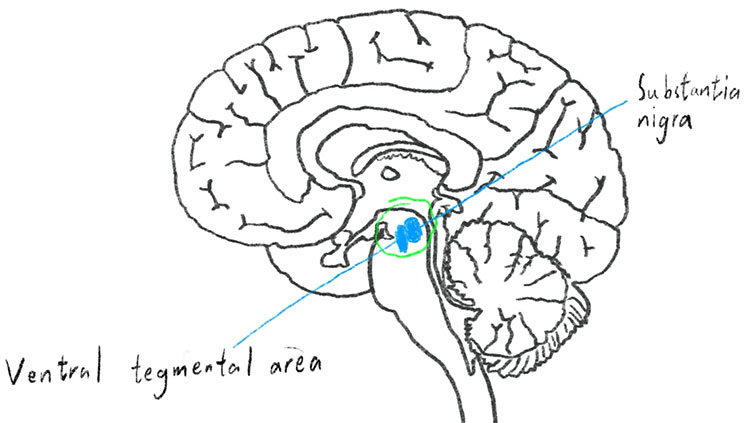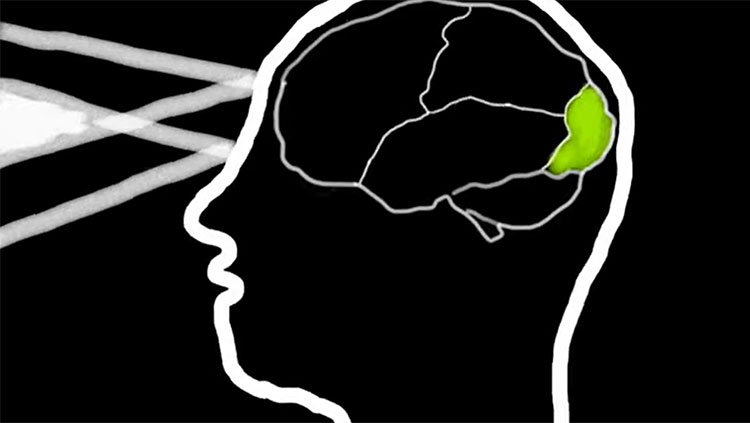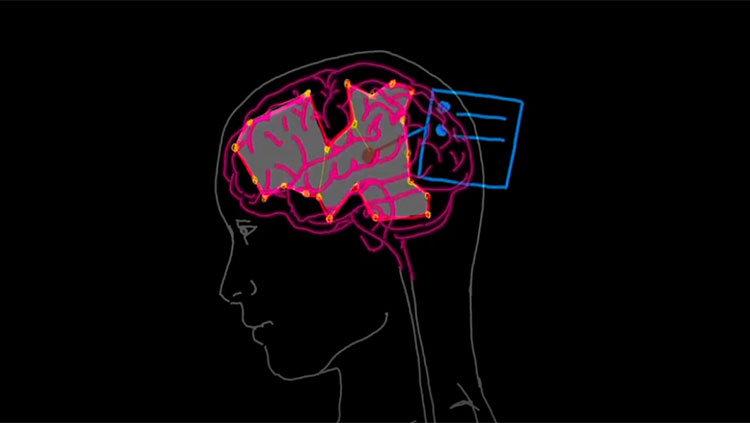Multitasking isn’t what you think. Rather than being about doing two things at the same time, multitasking involves switching rapidly between activities. A region at the front of the brain called the rostral prefrontal cortex helps you do it.
This video won first place in the 2019 Brain Awareness Video Contest.
CONTENT PROVIDED BY
BrainFacts/SfN
Transcript
Let’s start from the beginning. Twenty years ago, neuropsychologists identified a curious problem in patients with lesions to a specific part of the brain: the frontal lobe, right there. These patients did well in all normal tests of cognitive abilities like memory, speaking, reading, and counting. Some of them could even have a preserved IQ but failed to do the most mundane tasks of organization.
Paul Burgess and Tim Shallice of the University College London recount the case of A.P., a man who injured part of his frontal lobe in a car crash when he was 23. After the accident, he became extremely untidy, unable to hold a job and to organize anything in his life, but he did well on all cognitive tests. Once, as he stepped out of his room to get some coffee, doctors found him on the golf course having forgotten what he was supposed to do in the first place. Clearly, normal tests were not measuring what was wrong with A.P.
Shallice and Burgess designed a new test that resembled everyday activities: The Multiple Errands Test. In this test, a person was taken to a street with multiple shops and told to do eight things: six simple ones like buying a loaf of bread, one that requires them to be somewhere within 50 minutes, and one that tells them to ask for information like the price of tomatoes or the coldest place in Britain. They are told to spend as little money as possible, take as little time as possible, and only enter shops to buy items. This is one example of what people with no brain damage do in this task.
And this is an example of a patient with frontal lobe damage. While people with no brain damage do well on this task, patients with frontal lobe damage break or misinterpret the rules and fail to carry out all tasks.
A.P. was even pursued by a shopkeeper in the street, as he left without paying for a newspaper. Multitasking essentially does not mean doing multiple things at the same time but switching rapidly between one activity and the other. Take cooking dinner, for example. There are many dishes to be prepared and they have to be prepared in a certain order. While we leave something to cook, we prepare other parts of the meal. We can only generally do one thing at a time in the kitchen. Some unexpected events can distract us or surprise us. We need to spontaneously remember what we left on the stove and how long it has been there for. We give priority to some foods and often we find out we made a mistake when it’s too late.
Multitasking involves our ability to learn and remember rules about how things work as well as having a clear plan of what we’re going to do. And finally, be able to follow the plan through. This last ability is called Prospective Memory, or the capacity to form an intention, remember it, and stick to it. The brain region involved in prospective memory is the rostral prefrontal cortex, right there. Among other things, damage to this region makes us unable to form intentions and carry out their plans just like A.P.
So, that is how we juggle multiple activities at the same time. This has been multitasking and that’s all for me.
Guys. Guys.
Who left the coffee cup there? Gary? Gary, was that you? We are ready from the art department. OK.
OK. Places. Places. And. Action.
Also In Thinking & Awareness
Trending
Popular articles on BrainFacts.org

















